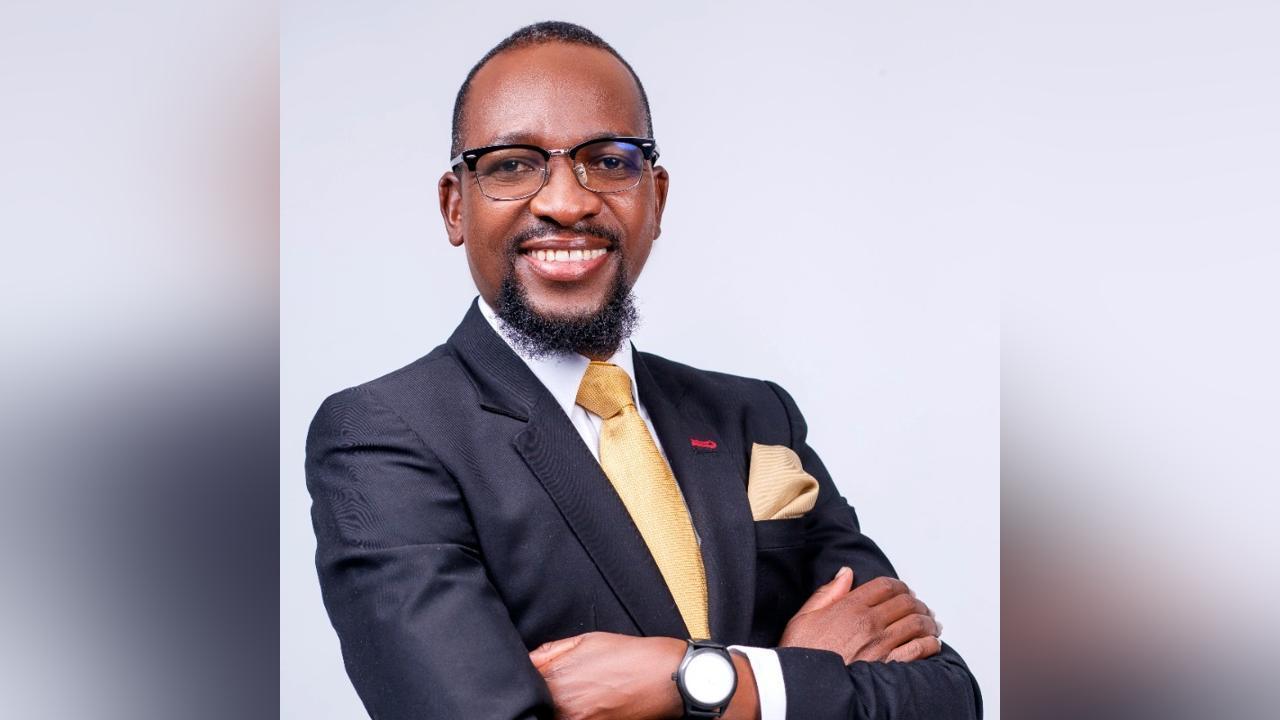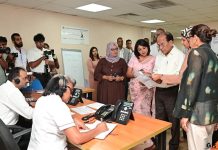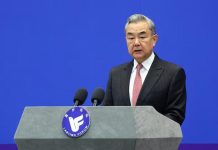Africa-Press – Mauritius. Liquid Intelligent Technologies has achieved 99.9 percentage completion to its first phase of the Gaborone Metro Ring, which will bring with it lower tariffs for local and international calls and data products.
Speaking in an interview on Monday, Liquid Intelligent Technologies managing director, Mr Odirile Tamajobe said the company was a leading provider of Pan-African digital infrastructure, with an extensive fiber broadband network covering over 1 100 000km.
The world-class cutting-edge telecommunications network he said would revolutionise the business landscape in Botswana while bolstering the country’s position as a growing economic hub on the African continent.
He said over 100 businesses would benefit from the Metro Ring in the initial phase, with more connections planned for Phase 2. He said with its high capacity and high-quality features, the Metro Ring would position Botswana as a leader in the telecommunications sector in the region.
“The Metro Ring is a milestone in the country’s digital transformation, which will strengthen Botswana’s economy and empower efforts to foster trade and the growth of businesses and entrepreneurs,” Mr Tamajobe said. He said they believed that a digitally connected Botswana would unlock immense opportunities for individuals and businesses alike.
He reiterated that his company was best placed to help businesses unlock the potential of connectivity by leveraging their digital network to provide cloud and cyber security solutions through strategic partnerships with leading global players.
“Through our expertise, we will work towards ensuring that businesses and individuals in Botswana can leverage from AfCFTA and contribute to the growing digital economy,” he said.
Mr Tamajobe said Public-Private Partnerships (PPP) model was vital to the success of many African economies, and the Metro Ring’s successful implementation was a showcase of what could be done in forging ties toward advancing technology. Gaborone Metro Ring would not only drive economic growth, but also create employment opportunities in Botswana, he said.
Managing director said the project marked a major step toward realising Botswana’s potential as one of Africa’s growing economic hubs, citing that they extended their gratitude to all partners, stakeholders, and his team for making this project a reality.
Botswana Communications Regulatory Authority (BOCRA) acting chief executive Mr Aaron Nyelesi said the preamble of the communications authority Act of 2012 suggested that BOCRA was responsible for the regulation of the communications sector in Botswana, comprising among others the Internet and Information and Communications Technologies (ICTs).
Mr Nyelesi said that BOCRA facilitated the growth of the Internet market as part of its role to assist in the uptake of ICTs, citing that the use of smartphones has led to increased number of people with access to mobile internet especially among the youth.
He said Botswana boasts 188 percentage mobile penetration rates with equally impressive mobile Internet permeation of 121 percentage. Mr Nyelesi said the challenge remained with landline telephony registering five percent fixed telephone penetration and seven percent fixed internet penetration against a vast countrywide network that reached a population centre of at least 500 people.
He said the statistics was proof that Botswana had done well in terms of access and usage of communications particularly on the voice side. Our next level of infrastructure development would be valuable if it purposed for delivery of internet-based services,” Mr Nyelesi added.
He said the world will meet in Dubai, United Arab Emirates in November this year to agree on the use of radio frequency spectrum, citing that one point of interest for the discussions concerned allocation of spectrum for International Mobile Technology (IMT) vis-à-vis WiFi services vis-à-vis Satellite Services.
For More News And Analysis About Mauritius Follow Africa-Press







